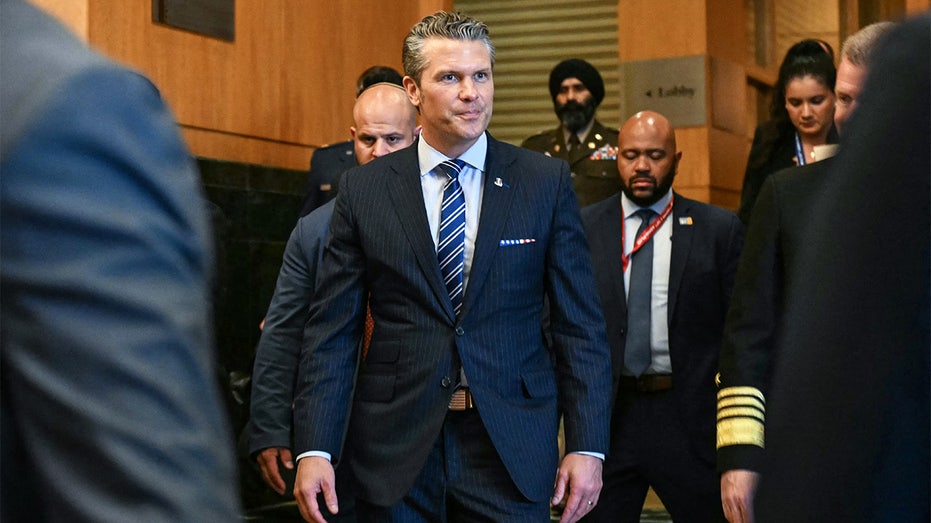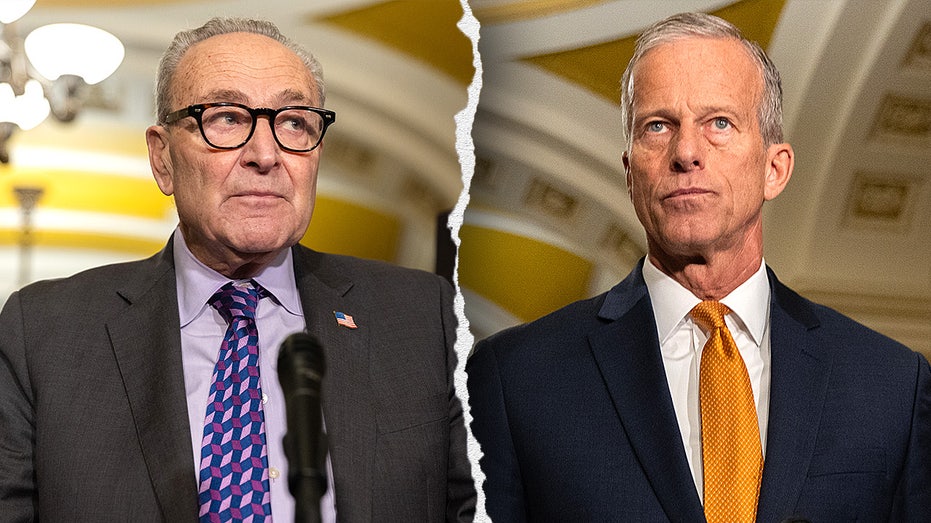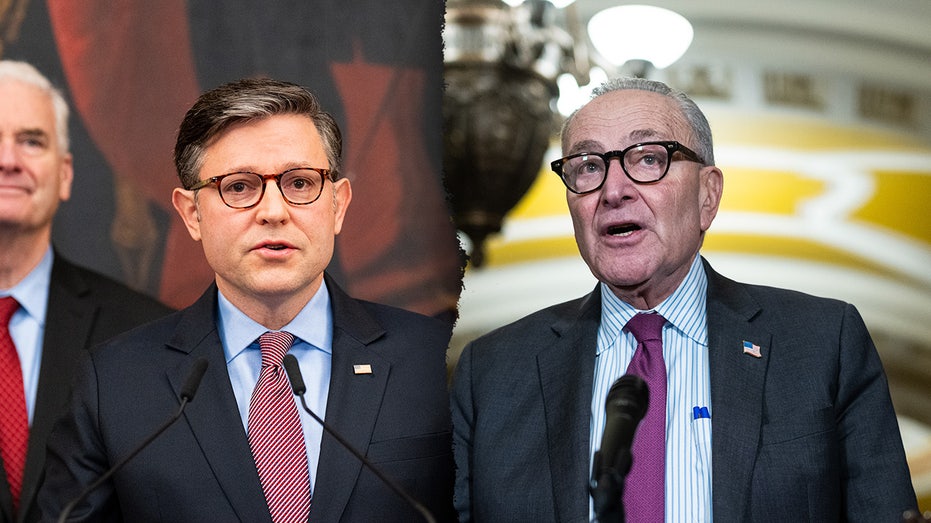A critical face-to-face meeting unfolded in Kuala Lumpur as the U.S. Defense Secretary and his Chinese counterpart convened, a rare moment of direct engagement amidst escalating regional tensions. The encounter, held on the fringes of a major ASEAN defense summit, underscored the delicate balance between competition and the urgent need for communication.
The U.S. Secretary made it unequivocally clear that the United States remains steadfast in its commitment to protecting its interests throughout the Indo-Pacific. He described the discussion with the Chinese Admiral as “good and constructive,” yet didn’t shy away from voicing serious concerns regarding China’s increasingly assertive actions.
Specifically, the Secretary addressed China’s growing military presence and provocative maneuvers in the South China Sea and around Taiwan. He emphasized the importance of maintaining a regional balance of power, signaling a firm resolve to defend allies and partners in the face of escalating challenges.
China’s response, while measured, reaffirmed its long-held position on Taiwan, characterizing reunification as inevitable. This divergence in perspectives highlights the fundamental disagreements that continue to fuel strategic competition between the two nations.
This meeting represented the first in-person dialogue between the two defense leaders in months, following a video conference earlier in the fall. It signals a continuing, albeit cautious, effort to manage a fraught relationship despite persistent disputes over territorial claims and navigation rights.
Beyond China, the U.S. Secretary also solidified a significant defense partnership with India, announcing a ten-year framework for enhanced cooperation. This move is widely seen as a strategic effort to bolster security ties with New Delhi and counterbalance China’s growing influence in the region.
Further reinforcing regional alliances, the Secretary met with Malaysia’s defense minister, reaffirming a shared commitment to maritime security in the South China Sea. This collaboration is vital given the overlapping and contested territorial claims that continue to create friction in the area.
The ASEAN defense summit continues, bringing together military leaders from across the region, including representatives from the United States, China, Japan, India, Australia, South Korea, and Russia. These ongoing discussions are crucial for navigating the complex geopolitical landscape of the Indo-Pacific.


![Benson's SHAMEFUL Ad BACKFIRES: The Internet ERUPTS! [VIDEO]](https://www.thegatewaypundit.com/wp-content/uploads/2025/10/mi-sos-benson-trust-fall-1200x630.jpg)



